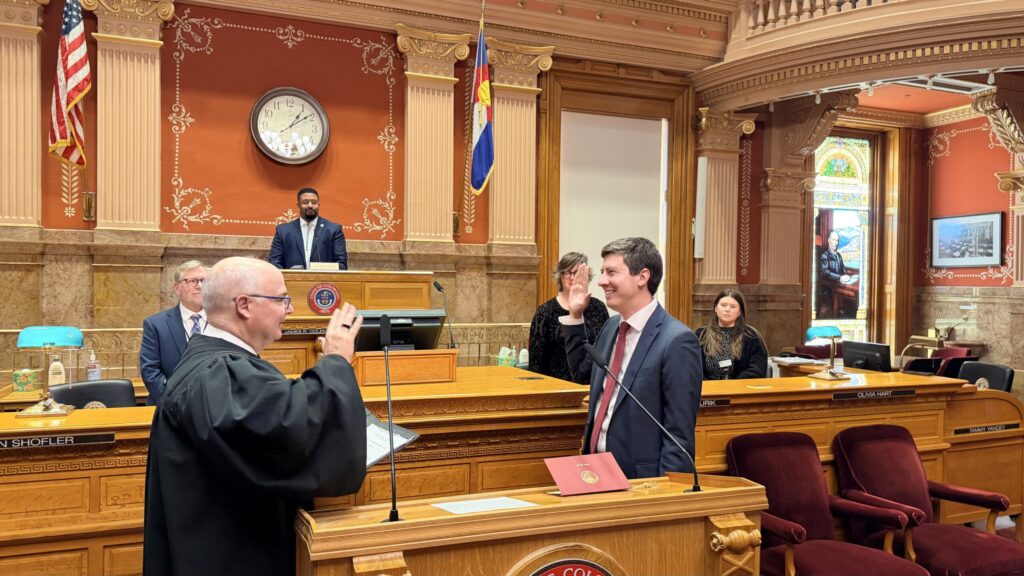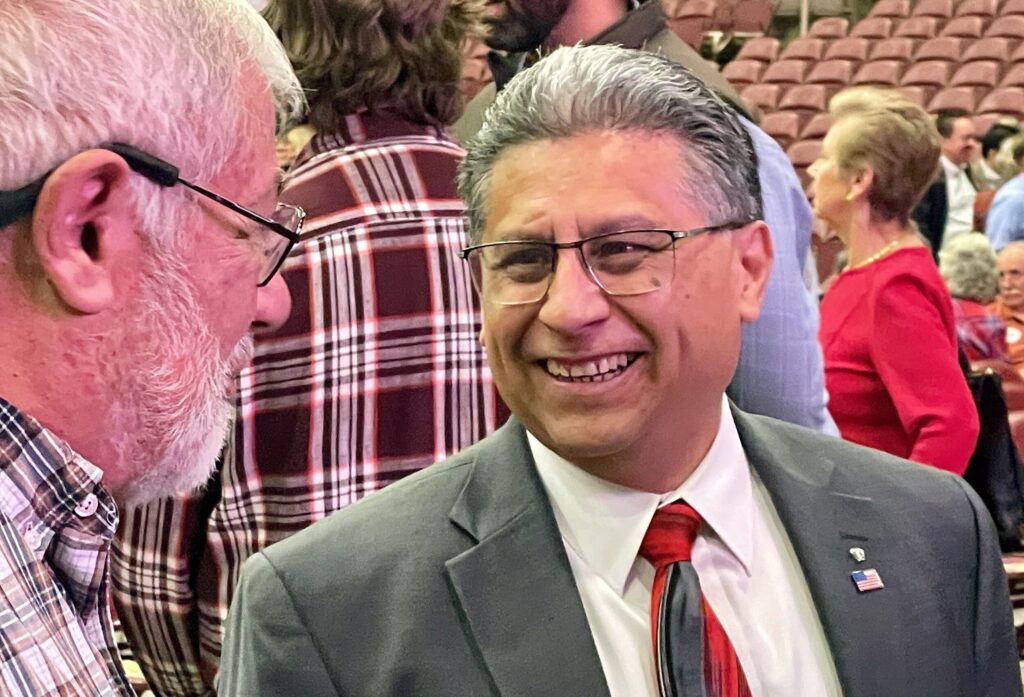Task force to assess use of facial recognition by Colorado law enforcement, government

A bill signed into law Wednesday establishes a task force to look into the use of facial recognition technology by law enforcement and government agencies in Colorado.
Senate Bill 113, scheduled to take effect in August, creates the task force to study how agencies use this technology, as well as potential abuses and needed regulations. The bill also limits the use of the technology by these agencies and temporarily prohibits new facial recognition contracts in Colorado schools until 2025.
Sen. Chris Hansen, the bill’s sponsor, said the state needs to slow down and reevaluate its use of facial recognition technology because of the high error rates for people of color.
“This is a really critical moment with facial recognition technology,” Hansen, D-Denver, said. “We need to make sure we’re not having high error rates and putting the appropriate safeguards in the use of facial recognition technology.”
Multiple studies have found a racial bias in facial recognition technology. For dark-skinned women, the technology had an error rate of 34.7%, compared to 0.8% for fair-skinned men, according to a 2018 study by the Massachusetts Institute of Technology. Similarly, a federal study in 2019 found that Asian and African American people were up to 100 times more likely than white men to be misidentified by facial recognition technology.
Under the bill, government agencies that use facial recognition technology will have to notify a reporting authority, specify why the technology is being used, produce an accountability report, test the equipment and subject any decisions that result from the technology to human review.
Also, law enforcement will be prohibited from using facial recognition to establish probable cause or create a record of actions protected by the First Amendment. In addition, law enforcement will need a warrant and probable cause to use facial recognition to conduct surveillance, tracking or real-time identification.
Several law enforcement officials testified against the bill throughout the legislative process, arguing it would impede investigations.
Supporters, on the other hand, questioned the reliance on the technology in criminal cases.
“I’d like to remind you of Robert Williams, Michael Oliver and Nijeer Parks, all of whom were wrongfully arrested based on conclusions drawn from investigative leads provided by facial recognition software,” said Christine Chang, computer science PhD student at the University of Colorado’s artificial intelligence program, while testifying in support of the bill during a committee meeting.
Under the legislation, the task force will consist of 15 members, including representatives from the legislature, local school districts, law enforcement and the District Attorney’s Council. The task force must meet before the end of the year, begin reporting annually by October 2023 and disband by September 2027.














